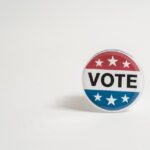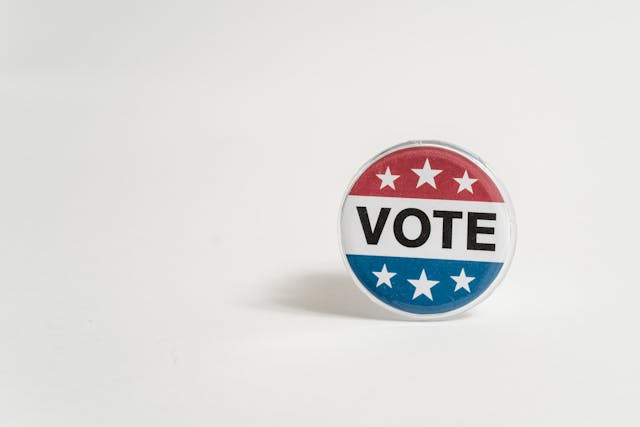In the 21st 100 years, the scene of global diplomacy is going through significant changes driven by...
In the present interconnected world, the political climate is more compelling than any other time, arriving at...



